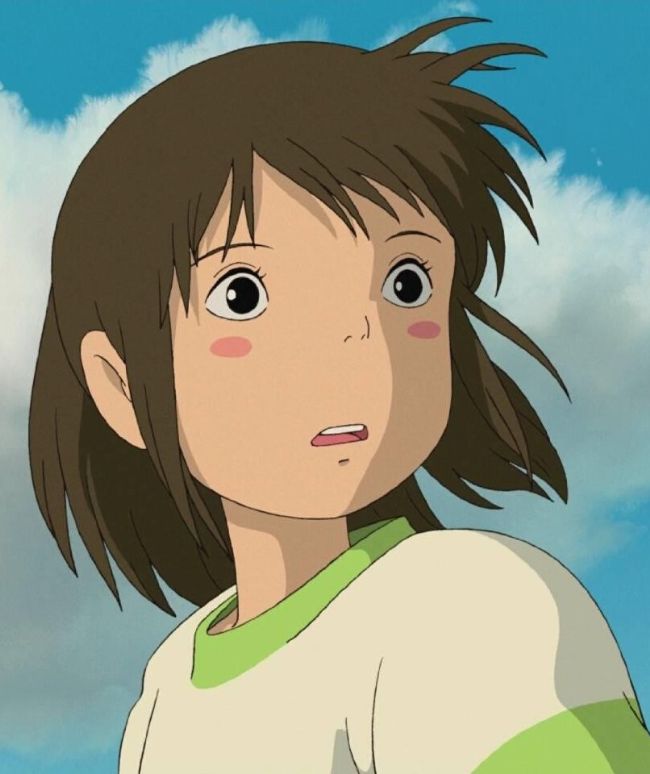
Get it together!
Our parents taught us to treat others as we would like to be treated ourselves, or simply put, ‘do not do unto others what you would not want done to you.’ However, upon deeper reflection, it has become evident that this principle is not universally true. What I find pleasant may not be the same for you, and what I perceive as success, you might see as failure, and so on. This variability stems from our individuality, a notion reinforced by Thomas Erikson in his book, ‘Surrounded by Idiots.’ The book, while deceptively simple at times – to the point where I wondered if the author assumed I was an ‘idiot’ – primarily focuses on describing the four personality types. In my view, the most crucial lesson is learning to treat others the way THEY want to be treated. The key to achieving this is understanding the other person because, as it turns out, we are not surrounded by ‘idiots’ but by individuals with extreme differences in their personalities, making communication challenging.
In the Korean series ‘Tomorrow’ (as mentioned in my previous articles), a poignant scene in episode 9 featured the owner of a missing dog, who tirelessly searched for his beloved pet and deeply mourned its absence. He was a professional graphic designer, and while working on a logo for a veterinary clinic, he broke down in tears at his desk. Concerned colleagues inquired about the reason for his emotional outburst, to which he revealed that it was the memory of his cherished childhood dog that brought him to tears.
"- A dog? It's only about a dog? [...] I thought it was something serious. Come on, don't cry. [...] A dog is a dog, how else can you call it? [..] It’s not a big deal”
- How long will you act like this? You've done too much. You can stop now.
- How could I stop? (asks the owner of the dog)
- Will you ruin your life because of a dog? And if he dies, will you too? "

"I never had a pet so I didn't understand."
At the conclusion of the episode, the colleagues reflected on their actions and offered their apologies to him. They came to realize that it wasn’t about the dog itself, but rather about understanding the person’s situation. This is why we often underestimate the importance of animals, children, the elderly, and more. We may think, ‘What can they possibly know; they’re just children?’ But is their sadness truly different from the sorrow experienced by adults, or can we categorize and measure their emotions as more or less sad? In my opinion, sadness is sadness, and we have no right to dictate to others how sad they should be in a given situation. Instead, we should listen to them and strive to understand them. While we might not always grasp their thought processes, this does not exempt us from showing respect for them as living, sentient beings, even if they are different from us.This behavior may also be deeply ingrained in our culture, beliefs, or learned patterns of functioning, where we tend to focus on someone else’s misfortune rather than recognizing and addressing our own. Laughingly, but honestly, we can observe this even in the news, where we hear about issues like inflation in Poland and the looming recession, but somehow, we feel better when we hear that Germany is experiencing an even worse situation. But why? After all, this doesn’t alter our economic circumstances, so why should we derive satisfaction from the misfortunes of others? Our brains often divert our attention from our problems, which can be too daunting to confront, by engaging with the problems of others because it feels easier that way.
"- Compared to you - to your borders and magic being weakend - I supposed my self-pity is absurd.
- If it grievs you, than I don't think it's absurde at all."
I love quoting my favorite book, ‘A Court of Thorns and Roses.’ This time, the protagonist of the ACOTAR series, Tamlin, perfectly understands what I’m trying to convey. He tells Feyre that if a particular problem makes her sad, it is real and should not be dismissed as absurd, insignificant, or less important than his concerns. This is the essence of empathy and respect. After all, how can we compare the weight of our grief? What is more challenging for one person may not be the same for another. How can we measure the strength of one person’s happiness against another’s?
Constantly looking at and comparing ourselves to others can harm our self-esteem and make us overly dependent on external opinions. We’ll never be the best; there will always be someone better than us, and even if we are the best, there will be reasons for others not to acknowledge it. So instead of nurturing our ego and seeking external validation, it’s more worthwhile to focus on ourselves, our feelings, emotions, joys, and sorrows. We have the right to experience it all; in fact, I believe it’s our duty, as every success and every failure, every feeling and experience, helps shape and build us as individuals. Let’s not run from our emotions because they make us human. Being in touch with our emotions and sensitivity doesn’t make us weak; it shows our courage to feel. As you probably know, not all emotions and feelings are pleasant.

“Be glad of your human heart, Feyra. Pity those who don't feel anything at all”
"Do not condescend to her [...] Do not insult Feyra for speaking with her heart, with compassion for those who cannot defend themselves, when you speak from only selfishness and cowardice."
Sensitivity doesn’t equate to weakness; love doesn’t mean giving our heart away on a silver platter to our enemies, and compassion doesn’t diminish us. An open heart that feels and doesn’t shy away from challenges makes us fearless and unstoppable, all while earning the love and admiration of others. In my experience, I don’t know a person who could be considered a ‘loser’ while being surrounded by people who love them and possessing a heart filled with love and sensitivity toward themselves and others.
However, it’s important to note that having compassion for ourselves and others doesn’t mean we must remain in that emotional state forever or transfer the responsibility and effort to act onto others. We need to acknowledge our emotional state, allow ourselves to feel it, draw conclusions, and take action when necessary because both pain and joy are transient, nothing lasts forever. Our task is to experience and act to the best of our ability in any given situation.

Organize your life.
The first publication in the Untold product series, created to share methodology for organizing everyday life, cultivating systematic discipline, and developing proper habits. Drawing from the author's experience, knowledge, beliefs, and commonly available coaching tools, she aims to inspire you to take action and present you with a straightforward approach to achieving fulfillment and building self-esteem. Written in a simple way, it contains examples from everyday life, practical tips, exercises, and beautiful graphics. Available in e-book and audiobook.




Leave a Reply